'Humanitarian islands': how will Israel's plan for Rafah civilians work?
Designated zones in central Gaza to provide temporary housing, food and water for more than a million displaced Palestinians
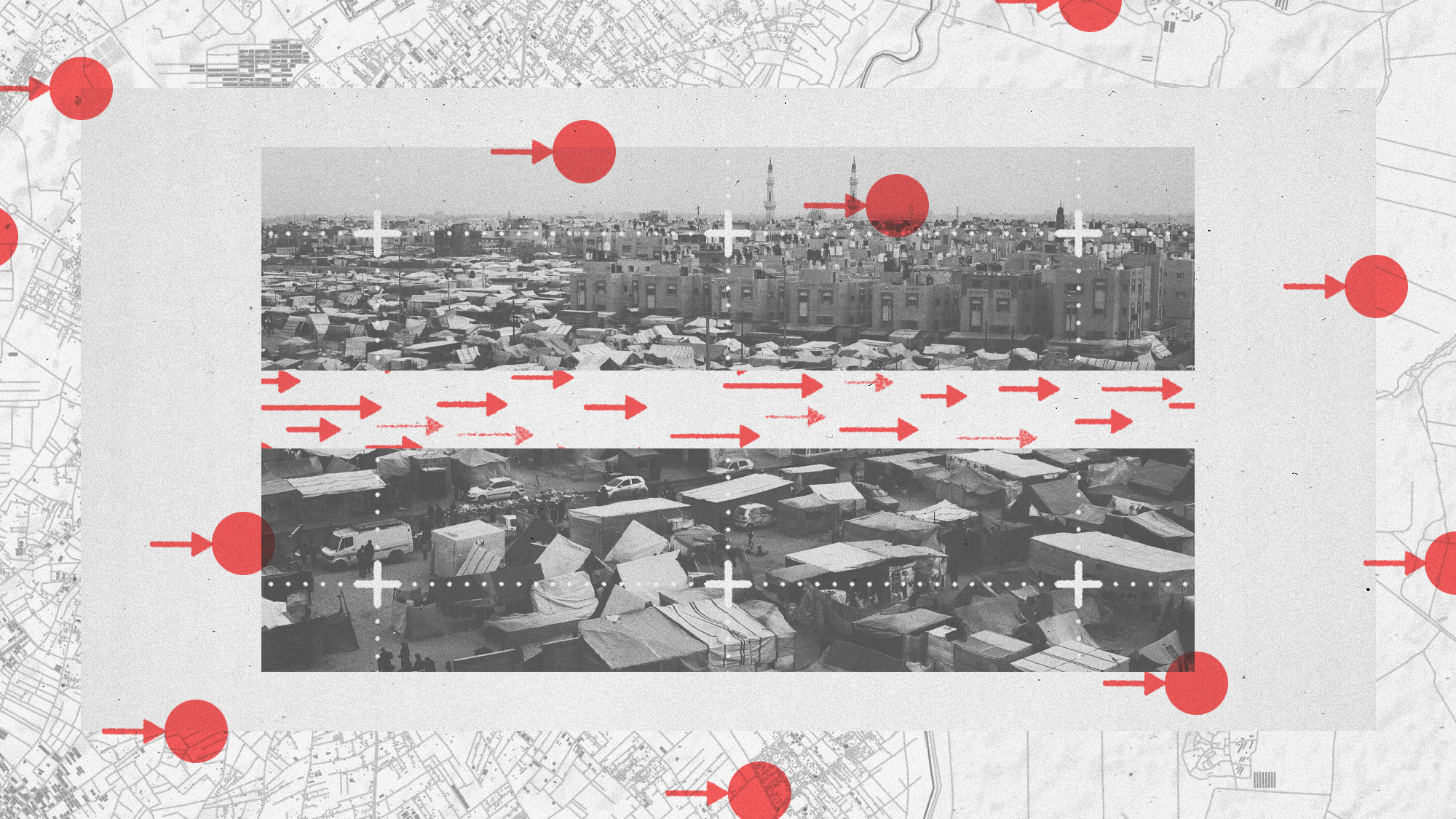
A free daily email with the biggest news stories of the day – and the best features from TheWeek.com
You are now subscribed
Your newsletter sign-up was successful
Israel is to direct a "significant" number of the 1.4 million Palestinians trapped in the Gaza city of Rafah to so-called "humanitarian islands", ahead of a military offensive aimed at destroying Hamas's final stronghold.
Designated zones in Deir el-Balah Governorate, which covers 56 square km in central Gaza, will provide temporary housing, food, water and other necessities, Israel's chief military spokesperson, Daniel Hagari, said on Wednesday.
The area around Rafah, near Gaza's southern border with Egypt, has become the epicentre of fighting in recent weeks. Israel claims the region is home to four Hamas battalions and therefore key to freeing the remaining Israeli hostages. It is also the main entry point for aid into the coastal enclave.
The Week
Escape your echo chamber. Get the facts behind the news, plus analysis from multiple perspectives.

Sign up for The Week's Free Newsletters
From our morning news briefing to a weekly Good News Newsletter, get the best of The Week delivered directly to your inbox.
From our morning news briefing to a weekly Good News Newsletter, get the best of The Week delivered directly to your inbox.
What did the commentators say?
The "once-sleepy" city of Rafah was "deemed a 'safe zone' for displaced civilians" fleeing fighting in the north, said Al Jazeera. The population has increased five-fold since the 7 October Hamas attacks, with most of the new arrivals living in makeshift structures, tents, or out in the open, according to UNRWA, the UN agency for Palestinian refugees.
UN officials have warned that an attack on the densely populated area – which holds more than half of Gaza's entire population – will be catastrophic, with more than 600,000 children in the path of an assault.
Israel's Prime Minister Benjamin Netanyahu has said a Rafah offensive is crucial to achieve Israel's stated aim of destroying Hamas, but the fate of the Palestinian civilians living there has become a "major area of concern of Israel's allies – including the United States – and humanitarian groups", said Al Arabiya.
The US has been particularly "firm" with Israel over its concerns about Rafah, said the Daily Mail. Secretary of State Antony Blinken told reporters that protecting and aiding civilians must be "job number one" for Israel as it looks to wipe out Hamas.
A free daily email with the biggest news stories of the day – and the best features from TheWeek.com
The US and fellow mediators Qatar and Egypt failed to broker an extended ceasefire before the Muslim holy month of Ramadan began this week. USA Today said the Joe Biden administration "has pressed Israel to devise a workable strategy" to spare civilians in Rafah from the violence that, according to the Hamas-run health ministry, has left more than 31,000 dead and 73,000 injured in Gaza since the start of the war.
But there have also been "contradictory statements" coming from the White House, said Al Jazeera. President Biden said over the weekend that any invasion of Rafah would be a "red line", before reiterating that he would never "leave Israel" or "cut off all weapons" to the US ally.
Amid mounting international pressure on Israel to ensure the safety of Palestinians in and around Rafah, Hagari stressed that any "humanitarian islands" will be carried out in coordination with international actors.
Yet humanitarian groups remain highly sceptical of Israel's plans. They point to designated safe zones where evacuees were directed at the start of the war, in a slice of undeveloped land along Gaza's Mediterranean coast. Aid groups say that there were no real plans in place to receive large numbers of displaced people and that Israeli strikes still targeted the area.
What's next?
Israel has not revealed when the offensive in Rafah will begin, nor when the evacuation will occur. Announcing the "humanitarian islands" plan, Hagari said only that Israel wanted the timing to be right operationally and to be coordinated with neighbouring Egypt, which has said it does not want an influx of displaced Palestinians crossing its border.
Israel had issued an ultimatum to Hamas that it would invade Rafah by the start of Ramadan unless the group released the remaining hostages. That deadline passed on Sunday, but "hints" from Defence Minister Yoav Gallant suggest it could come soon, said The Times of Israel.
"The conclusion is that there is no safe place in Gaza for terrorists," Gallant said while visiting Gaza City. "Even those who think that we are delaying will soon see that we will reach everyone."
-
 Political cartoons for February 16
Political cartoons for February 16Cartoons Monday’s political cartoons include President's Day, a valentine from the Epstein files, and more
-
 Regent Hong Kong: a tranquil haven with a prime waterfront spot
Regent Hong Kong: a tranquil haven with a prime waterfront spotThe Week Recommends The trendy hotel recently underwent an extensive two-year revamp
-
 The problem with diagnosing profound autism
The problem with diagnosing profound autismThe Explainer Experts are reconsidering the idea of autism as a spectrum, which could impact diagnoses and policy making for the condition
-
 How long can Nato keep Donald Trump happy?
How long can Nato keep Donald Trump happy?Today's Big Question Military alliance pulls out all the stops to woo US president on his peacemaker victory lap
-
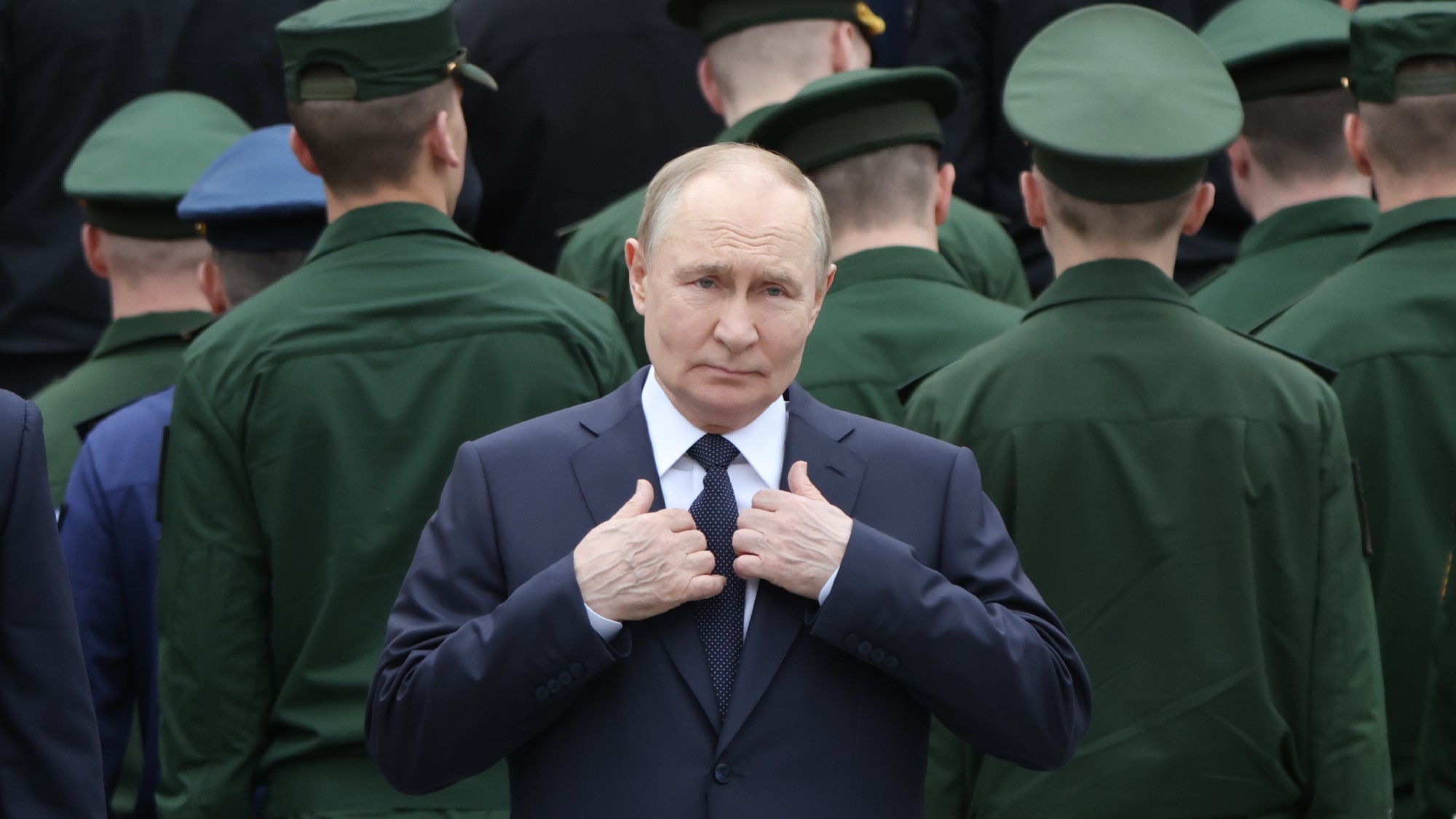 How far would Russia go for Iran?
How far would Russia go for Iran?Today's Big Question US air strikes represent an 'embarrassment, provocation and opportunity' all rolled into one for Vladimir Putin
-
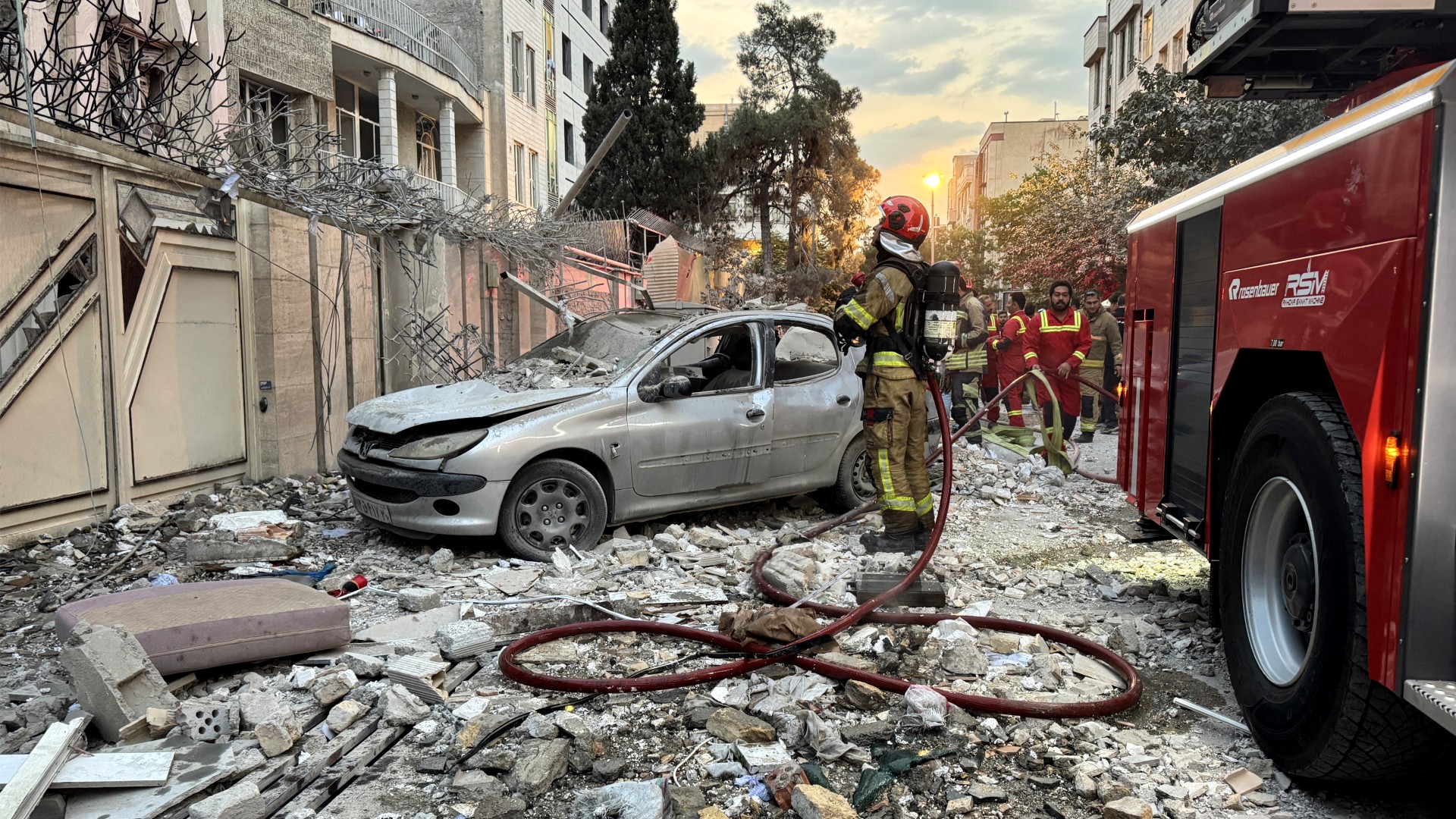 How the Israel-Iran conflict broke out
How the Israel-Iran conflict broke outThe Explainer Israel's strike on Iran's nuclear and missile programmes was years in the planning
-
 Will the UK get involved in the Israel-Iran conflict?
Will the UK get involved in the Israel-Iran conflict?Today's Big Question Keir Starmer is 'walking a tightrope' in helping Israel limit Tehran's nuclear capabilities without being seen to do so
-
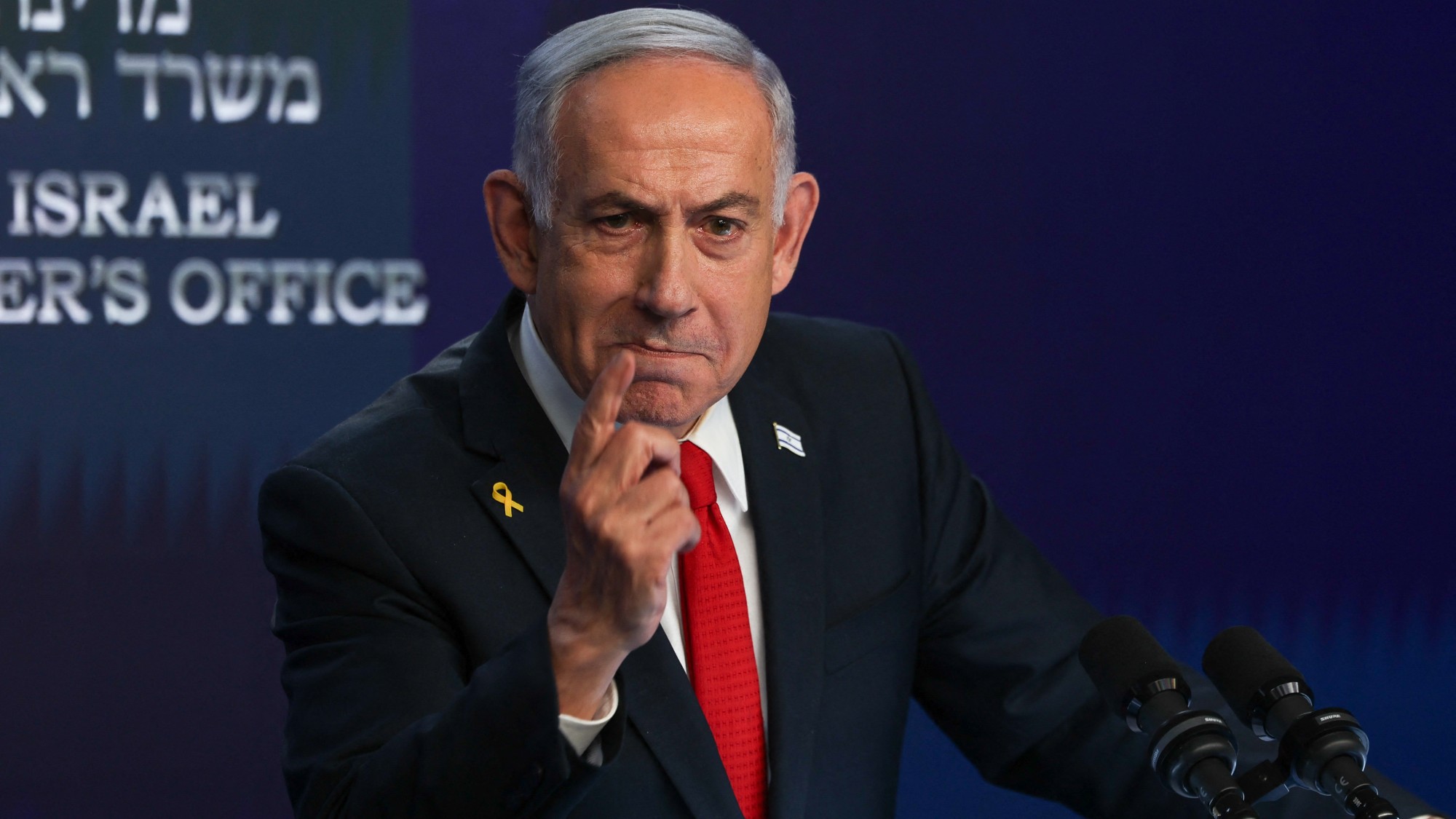 What happens if Israel attacks Iran?
What happens if Israel attacks Iran?TODAY'S BIG QUESTION Israel is 'ready to strike' and Tehran has plans for counterattacks against the US as nuclear talks appear deadlocked
-
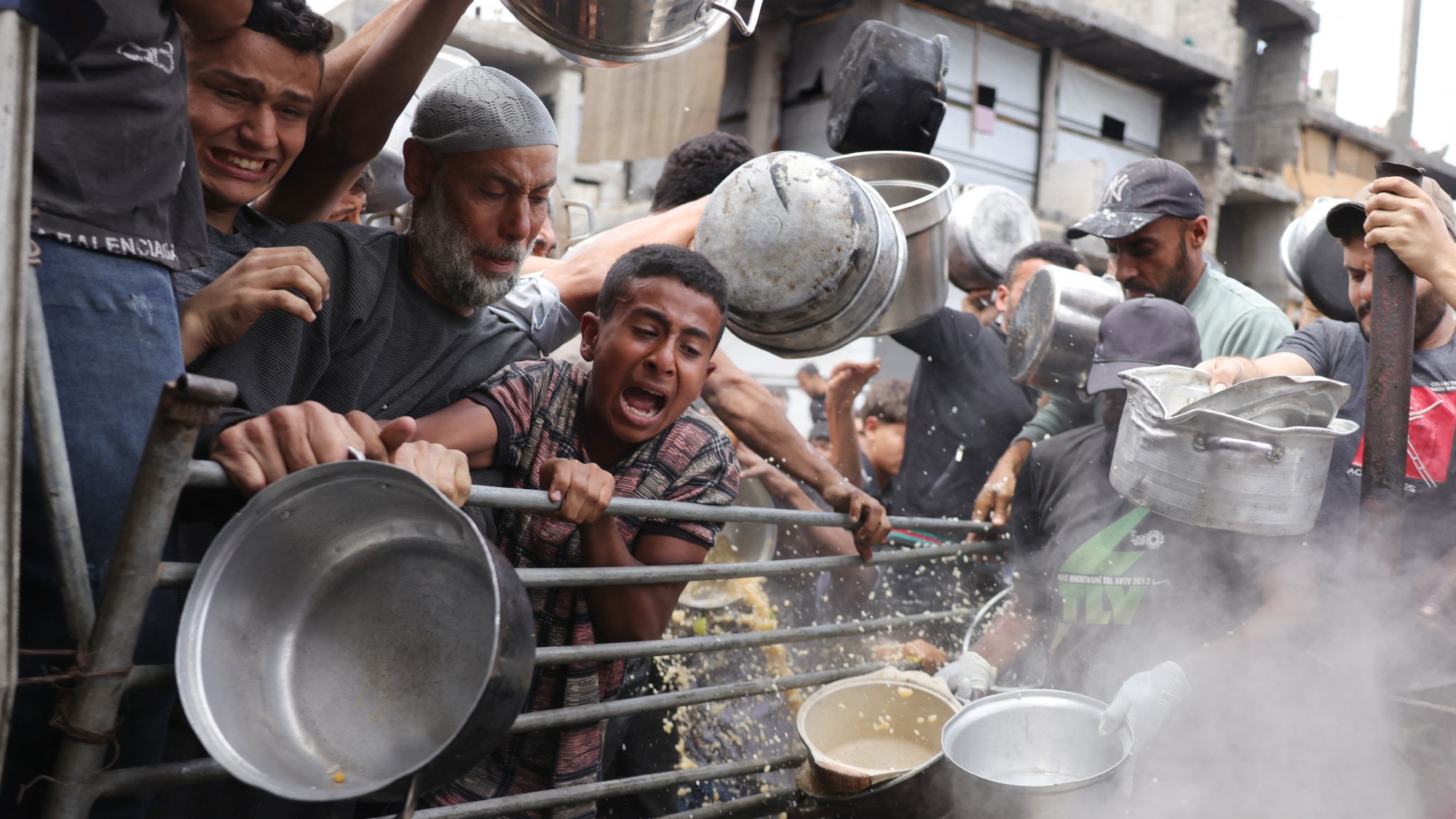 Is Israel finally feeling the heat on Gaza?
Is Israel finally feeling the heat on Gaza?Today's Big Question Benjamin Netanyahu allows aid to resume amid mounting international pressure and growing internal turmoil
-
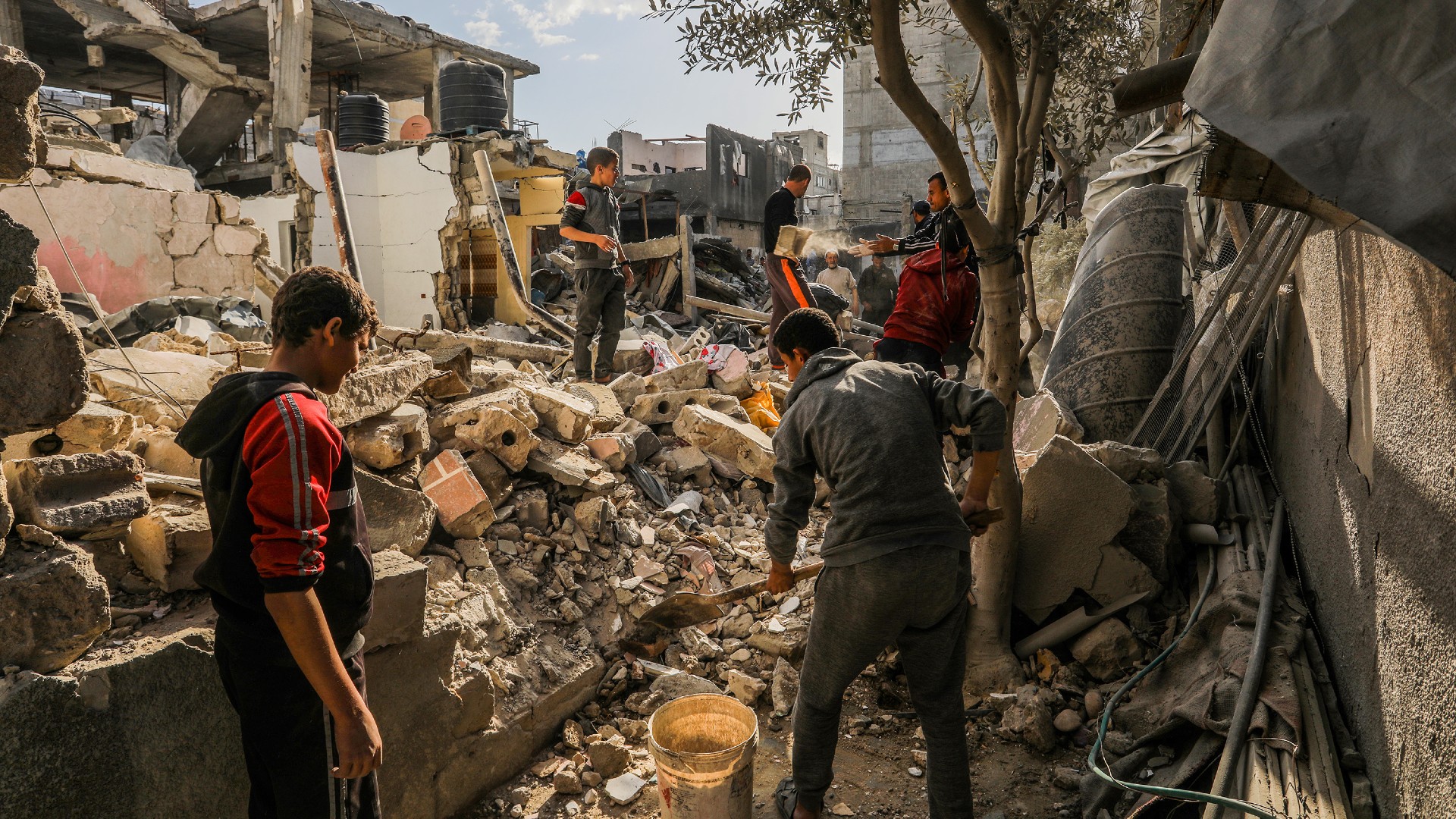 Israeli air strikes in Gaza: why has ceasefire collapsed?
Israeli air strikes in Gaza: why has ceasefire collapsed?Today's Big Question Start of 'broader and more sustained military operation' denounced by domestic groups representing hostage families
-
 Is Gaza ceasefire deal about to fizzle out?
Is Gaza ceasefire deal about to fizzle out?Today's Big Question Israel and Hamas accuse each other of deliberately breaking first phase of the fragile truce, which is set to expire on Saturday